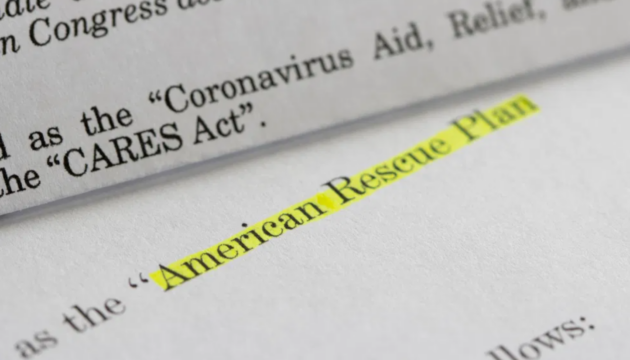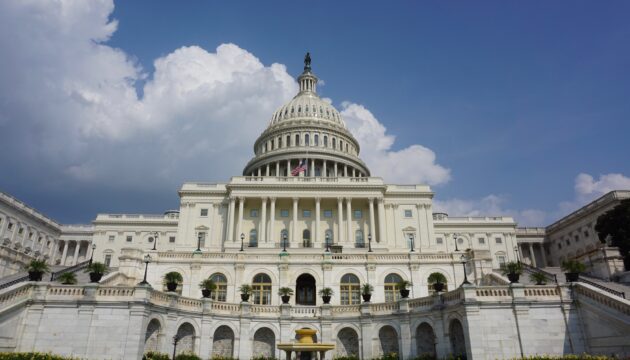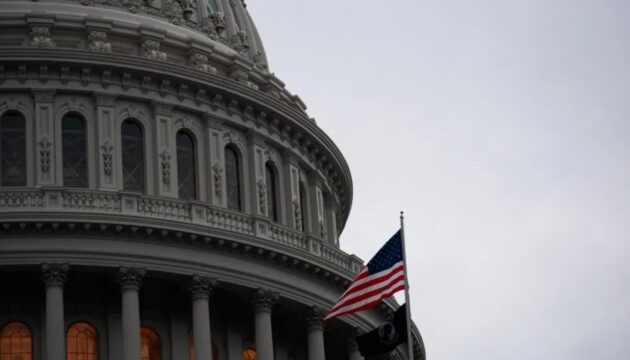Healthcare Reform
Our work in Healthcare Reform
-
Designing a Public Option that Would Reduce Healthcare Provider Prices
An analysis of how a public option may or may not reduce healthcare costs in the U.S.
-
Congress Should End Dialysis Companies’ Third-Party Games with Insurance Coverage
A new op-ed in STAT highlights practices by dialysis facilities where they try to push patients into individual market plans by financing patients’ premiums for those plans
-
We Can’t Have Everything: The Role of Payment for Volume and Choice of Providers in Fueling Health Care Expenditures
Victor Fuchs outlines several health policy reforms to control health care expenditures.
Categorized in -
The American Rescue Plan’s Premium Tax Credit Expansion—State Policy Considerations
Premium Tac Credit (PTC) expansion has profound implications for state health policy, aiding state efforts to make coverage more affordable and accessible.
-
The Association of Vertically Integrated Care with Healthcare Use and Outcomes
The researchers examined whether vertically integrated hospital and skilled nursing facility (SNF) care is associated with more efficient use of healthcare and better patient outcomes.
Categorized in -
Schaeffer Solutions: Health Policy Recommendations for the Biden Administration and 117th U.S. Congress
The USC-Brookings Schaeffer Initiative for Health Policy has developed practical recommendations and analysis in a number of critical policy areas.
Categorized in -
Medicare Payment for Physician-Administered (Part B) Drugs: The Interim Final Rule and a Better Way Forward
A look at how policymakers can reform an interim-final rule to use Medicare’s demonstration authority under the Center for Medicare and Medicaid Innovation (CMMI) to make large reductions in the amounts it pays physicians for high-cost medicines they administer under Part B.
-
Understanding the No Surprises Act
A look at the No Surprise Act, a new federal law that ends surprise out-of-network billing. The law was passed late last year as part of the omnibus bill.
-
Reducing Administrative Waste in the US Health Care System
Eliminating administrative expense has the benefit of lowering health care costs without affecting spending on patient care.
Categorized in -
How Can the Biden Administration Improve the Medicaid Program?
The panel will examine options to improve Medicaid eligibility rules, enrollment processes, and benefit designs, as well as approaches that could improve the quality and efficiency of the care delivered to Medicaid beneficiaries.
Categorized in









